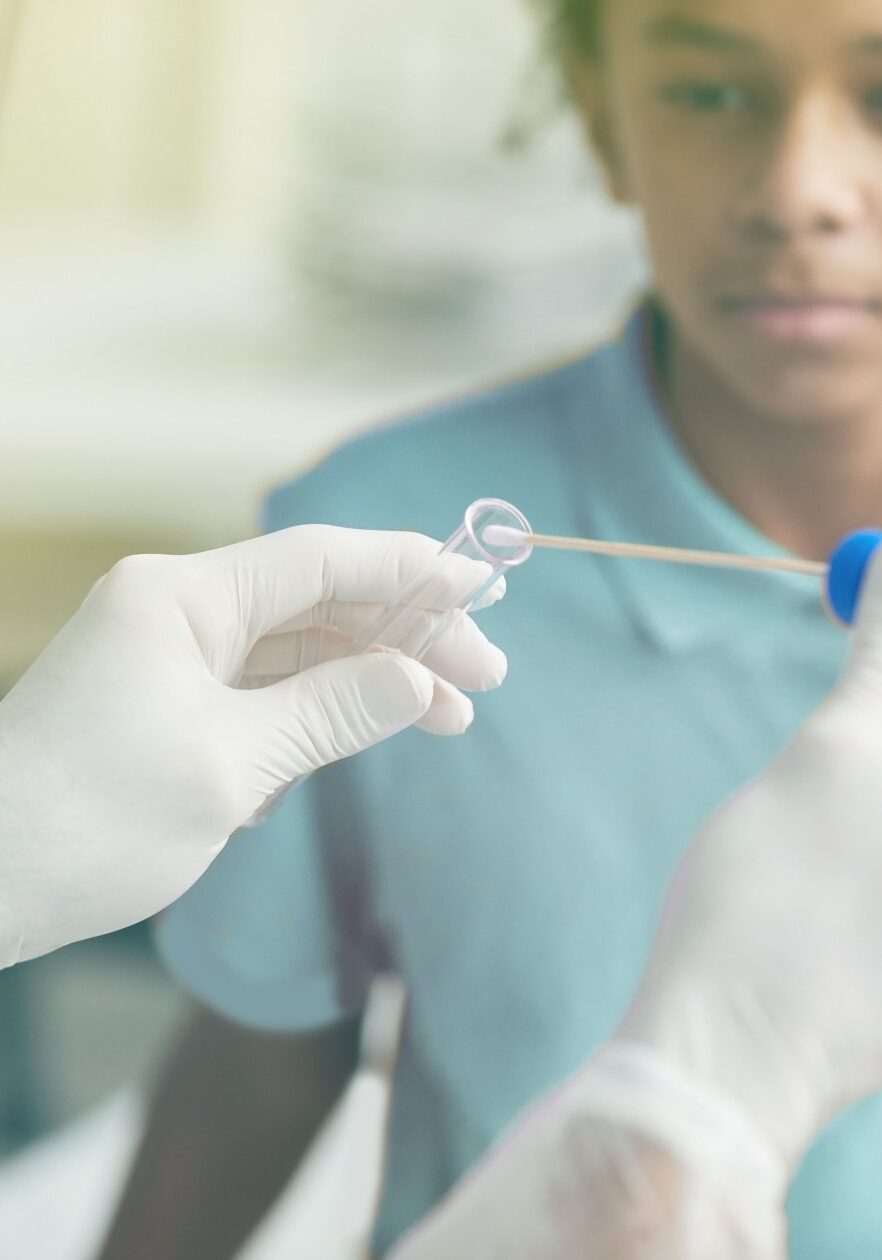Wiesbaden, Germany
Velocity Clinical Research, Wiesbaden
Founded in 1998 as Clinical Research Intermed GmbH and acquired by Velocity Clinical Research in 2023, the experienced team at Velocity’s dedicated research site in Wiesbaden conducts clinical trials across a broad variety of indications, including chronic pain, pulmonology, the central nervous system (CNS), general medicine, and vaccines. By developing strong working relationships with local communities and having close ties with networks of cooperating practices, Velocity’s Wiesbaden staff provides fast, accurate patient enrollment support, even for diverse populations.
Our Wiesbaden team is committed to being a resource for study volunteers, to providing the highest quality of patient care with compassion and kindness and to advancing medicine through research. With decades of research experience shared among our investigators in Wiesbaden, Velocity will deliver the right patients, investigators, and research staff for your next research program.
Velocity Clinical Research, Wiesbaden
Hasengartenstr. 42, 65189, Wiesbaden, Germany
Phone: +49 (0)611-900590
Email: info@velocityclinical.com

Our experienced research team in Wiesbaden
The Velocity Wiesbaden team of physician investigators and clinical research professionals are experienced clinical researchers. All physicians are board certified in their specialty area(s) and all research staff is trained in clinical research regulations, including GCP and HIPAA. Training records and certifications are maintained. Our clinical team is dedicated to conducting quality research in a professional and caring environment and strives on collecting quality data.
-
Principal Investigator
Serving as the Founder and Lead Investigator of Intermed GmBH since 1998, Dr. Volker von Behren has been working in clinical research for decades, and has conducted over 170 clinical trials. He is a specialist in general medicine, the owner and attending physician of the private practice for transcranial pulse stimulation (TPS®), and has specialized training for pain, psychiatric, and neurological clinical studies. Known for his strong background in clinical research, Dr. von Behren is often sought after for training new PIs entering the field. -
Sub Investigator
-
Sub Investigator
-
Sub Investigator
-
Site Director
Wiesbaden facility features
The Velocity Clinical Research, Wiesbaden facility is designed for the ease and comfort of study participants and to allow optimal efficiencies in performing clinical trials. Features at this site include:
- Private examination/consultation rooms
- Comfortable patient reception areas
- Facilities for extended-stay pharmacokinetic studies
- Parking
- Nursing station
- Secure monitoring rooms or workstations with phone & high-speed internet access
- Multiple individual & secure workstations for research staff
- Regulatory document processing area
- Electronic data capture (EDC) capabilities
- Secure record storage
- CLIA certified research laboratory or clinical laboratory with CLIA waiver
- Ambient and refrigerated centrifuge
- Secured & temperature controlled investigational product storage with pharmaceutical refrigerator & freezer
- Freezers equipped for laboratory specimens at -20 & -70 degrees Celsius
- Backup generator/power source in the event of site power loss
- Standard medical equipment, including ECG and Holter machines, digital and analog scales








